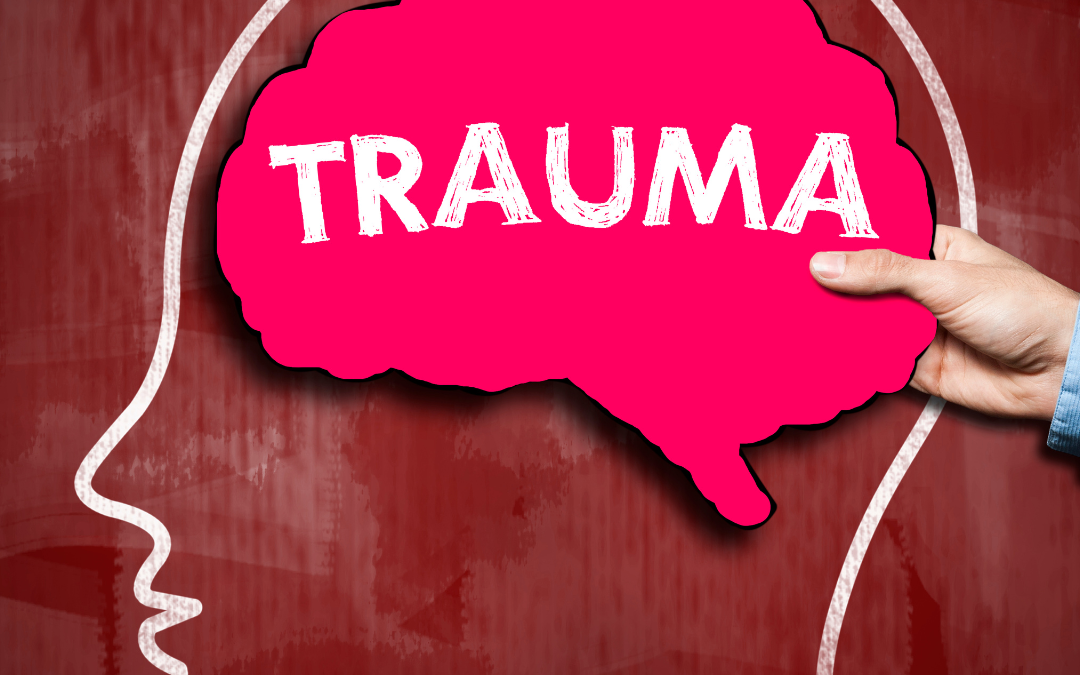The post is developed in partnership with BetterHelp.
Stress and trauma are two intertwined yet distinct experiences that can significantly impact one’s life. People experiencing stress and trauma often suffer alone, carrying the burden by themselves. Not only is this unnecessary, it may delay healing or even cause more suffering.
It’s so important to reach out for the help we need. Encountering difficult times in life is normal and most people can relate.
Delve into what stress and trauma entails, their potential effects, and how seeking professional help can facilitate healing and resilience.
Understanding Trauma
Trauma encompasses a range of distressing experiences, from physical or emotional abuse to natural disasters and accidents. It leaves a profound imprint on the individual, affecting their thoughts, emotions, and behaviors long after the event has passed.
Symptoms of trauma may include intrusive memories, hypervigilance, and avoidance of triggers associated with the traumatic event.
Trauma can change the way the brain functions as well. These effects can create a life that feels very difficult for someone recovering from traumatic experiences.
Exploring the Origins of Trauma
Trauma can stem from various sources, including childhood abuse, combat exposure, interpersonal violence, or sudden loss. It can also be more specific, as in the case of adoption trauma.
The nature and severity of the trauma may vary, but its impact can be profound and enduring.
It disrupts the individual’s sense of safety and security, leading to profound emotional and psychological distress.
Therapists are often trained in specific ways to address different types of trauma and may even specialize in particular areas. This can be helpful to keep in mind when seeking the right mental health professional for you and your situation.
Differentiating Stress from Trauma
While stress and trauma share similarities, they differ in scope and duration. It is also important to understand that stress is not a diagnosis. However, prolonged exposure can create psychological effects.
Stress is a natural response to challenging or demanding situations, such as work deadlines or financial pressures. It’s typically temporary and manageable, whereas trauma involves overwhelming experiences that exceed one’s ability to cope, resulting in lasting psychological wounds.
Outside help may be necessary to help people cope with either stress or trauma. Additionally, the two can coexist and overlap. In certain cases, prolonged stress may present like trauma, such as in situations of CPTSD.
Recognizing the Effects of Stress and Trauma
Both stress and trauma can manifest in a variety of ways. They may impact mental, emotional, and physical well-being.
Symptoms may include anxiety, depression, insomnia, and somatic complaints. Relationships can be affected and isolation can result.
It’s essential to recognize the signs and seek support when needed to begin healing.
Seeking Professional Help
Reaching out for professional help is a crucial step in the healing journey from stress and trauma.
Therapists trained in trauma-informed care can provide a safe and supportive environment for individuals to process their experiences, develop coping strategies, and rebuild their lives.
Whether through individual therapy, group therapy, or specialized trauma interventions, professional support can empower individuals to reclaim their sense of agency and resilience.
It may be hard to see the light at the end of the path now, but with the right guidance, you can make progress.
Healing And Growing
Navigating stress and trauma can be challenging, but it’s essential to recognize that healing is possible with the right support and resources.
By understanding the nature of stress and trauma, recognizing their effects, and seeking professional help when needed, individuals can embark on a journey of healing, resilience, and renewal.
Don’t wait any longer to ask for help. If you or a loved one is struggling to cope with stress or trauma, there are options and there is hope.









